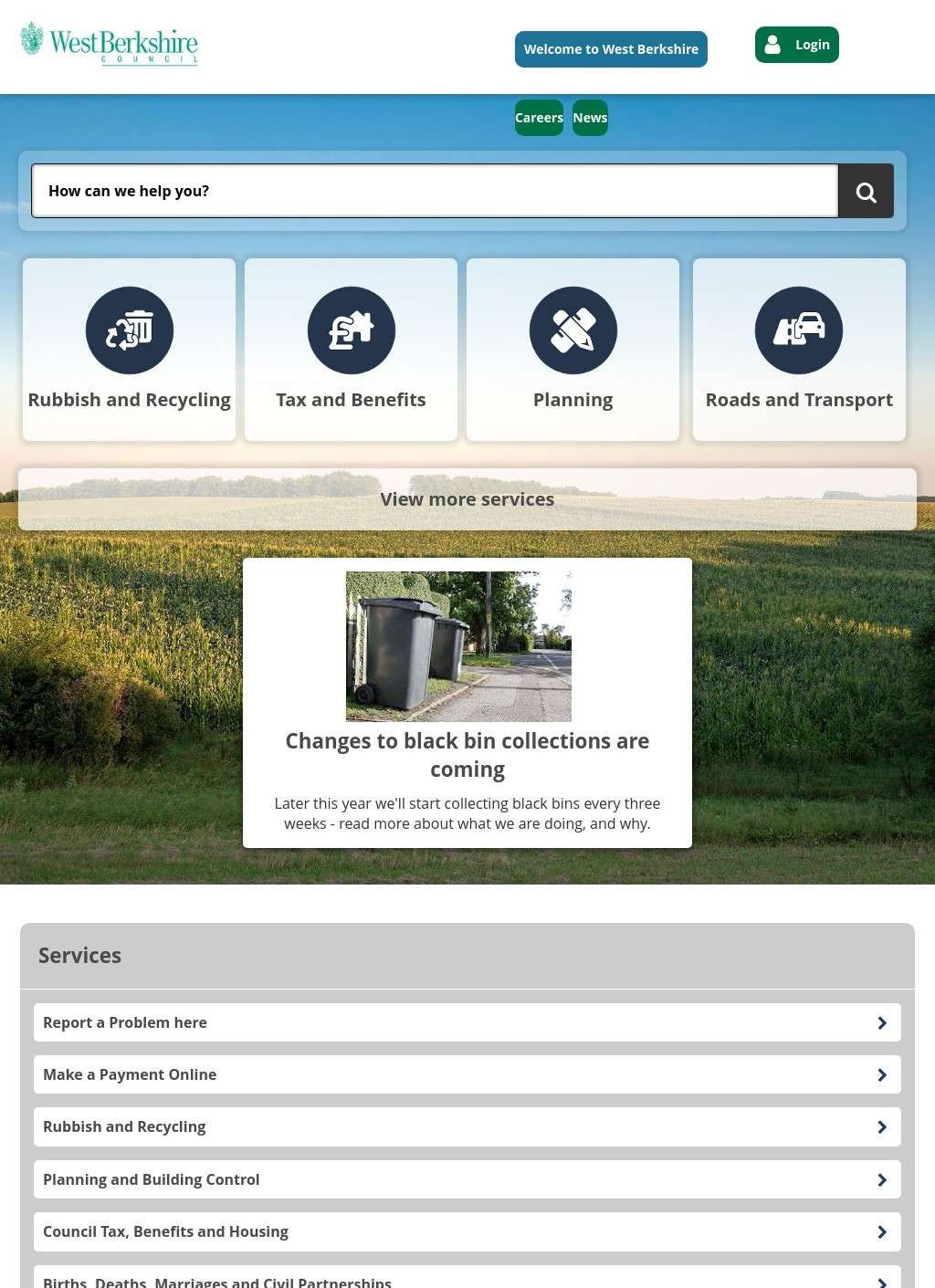West Berkshire Council operates as one of six unitary authorities that replaced the former Berkshire County Council in 1998, serving approximately 160,000 residents across a geographically diverse area encompassing market towns, rural villages, and suburban communities throughout western Berkshire. The authority combines both district and county-level functions, creating a streamlined local government structure that delivers comprehensive public services ranging from education and social care to waste management and planning control. Since 2023, the council has been under Liberal Democrat majority control, representing a significant shift in local political leadership and policy direction.
Educational services form one of the council's most substantial responsibilities, managing dozens of primary and secondary schools alongside special educational needs provision throughout the region. The education department coordinates complex transportation logistics serving both urban centers and remote rural communities, though recent policy consultations have proposed limiting home-to-school transport to nearest suitable schools rather than catchment schools. School meal programs, early years provision, and adult learning opportunities demonstrate the authority's commitment to lifelong education, while working relationships with Ofsted and regional educational bodies ensure maintained standards across all institutions within the authority's jurisdiction.
Housing services encompass strategic housing development, social housing management, and coordination with housing associations and private developers to address ongoing regional demand. The authority publishes regular communications about housing initiatives, maintenance programs, and policy developments affecting local residents. Given West Berkshire's proximity to London and the Thames Valley economic corridor, housing affordability presents ongoing challenges that require careful balance between development pressures and community preservation, particularly in areas of outstanding natural beauty and historic significance.
Planning and development control processes handle hundreds of applications annually, balancing economic growth opportunities with environmental protection across a region that includes significant portions of the North Wessex Downs Area of Outstanding Natural Beauty. The planning team coordinates extensively with national agencies including Natural England, Historic England, and the Environment Agency to ensure development proposals respect environmental heritage while supporting sustainable economic development. Major infrastructure projects, renewable energy installations, and strategic housing developments require sophisticated consultation processes involving multiple stakeholders and community engagement initiatives.
Waste and recycling services operate ambitious programs across the authority's extensive rural and urban geography, with recent expansions to kerbside recycling collections including plastic pots, tubs, and trays following public consultation feedback. The council has announced plans to move black bin collections to three-weekly schedules, reflecting broader environmental sustainability goals and waste reduction initiatives. These changes demonstrate the authority's proactive approach to environmental management while maintaining service quality expectations from residents across diverse community settings.
Transport and highways management covers an extensive network including rural lanes, market town centers, and major transport corridors connecting communities throughout the region. The 2025/26 Highway Improvement Programme represents a doubling of infrastructure investment compared to previous years, addressing longstanding maintenance backlogs and improvement priorities identified through community consultation. Winter maintenance, traffic management, and road safety initiatives require coordination with neighboring authorities and national transport agencies to ensure effective regional connectivity.
Social care services provide support across all age groups, from early intervention and family support through to elderly care, disability services, and mental health support coordination. The authority works closely with NHS partners, voluntary sector organizations, and private care providers to deliver integrated support packages tailored to individual and family needs. These services face increasing demand pressures while maintaining quality standards and responding to changing demographic patterns across both urban and rural communities within the authority's boundaries.
Environmental protection and countryside management encompass extensive green spaces, nature reserves, and public rights of way that provide recreational opportunities while supporting biodiversity conservation and climate change mitigation. The authority coordinates with national conservation organizations and manages Local Nature Reserves, ensuring environmental protection measures align with community access requirements and sustainable land management practices. Recent initiatives have focused on renewable energy development, carbon reduction programs, and adaptation to climate change impacts.
Revenue generation relies on council tax, central government grants, and various service charges, with comprehensive online services allowing residents to manage accounts, access information, and make payments efficiently. Digital transformation initiatives have expanded service accessibility significantly, though the authority maintains telephone support and physical service points for residents requiring additional assistance or preferring traditional contact methods. Customer feedback mechanisms and regular consultation exercises ensure service delivery responds to evolving community needs and expectations.
Business support and economic development initiatives focus on supporting local enterprises, attracting investment, and coordinating with regional economic partnerships to promote West Berkshire as an attractive business location. The authority highlights the region's strategic position, skilled workforce, excellent transport links, and quality of life advantages while working with neighboring councils and regional bodies to address shared economic development challenges and opportunities. Recent proposals for potential local government reorganization, including the ambitious Ridgeway Council proposal spanning Oxfordshire and West Berkshire, demonstrate ongoing consideration of innovative approaches to regional governance and service delivery.
Community engagement processes include regular consultation exercises, public meetings, and digital platforms that enable residents to participate in local decision-making and policy development. The authority operates transparent governance structures with webcasting of council meetings and comprehensive publication of agendas, reports, and decisions. Electoral services manage voter registration, elections, and democratic processes while maintaining detailed information resources for residents about local democracy and civic participation opportunities.
Contact information includes comprehensive online services, telephone helplines distributed across different service areas, and physical offices strategically located throughout the region to ensure accessibility for all residents. The authority maintains active social media presence and publishes regular news updates about service changes, policy developments, community initiatives, and consultation opportunities. Emergency contact procedures ensure residents can access urgent assistance outside normal business hours when required for housing, environmental health, or other critical service needs.
